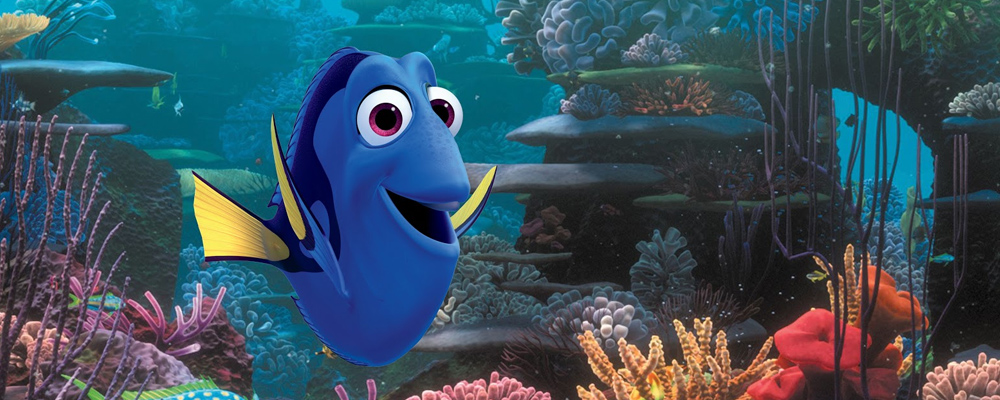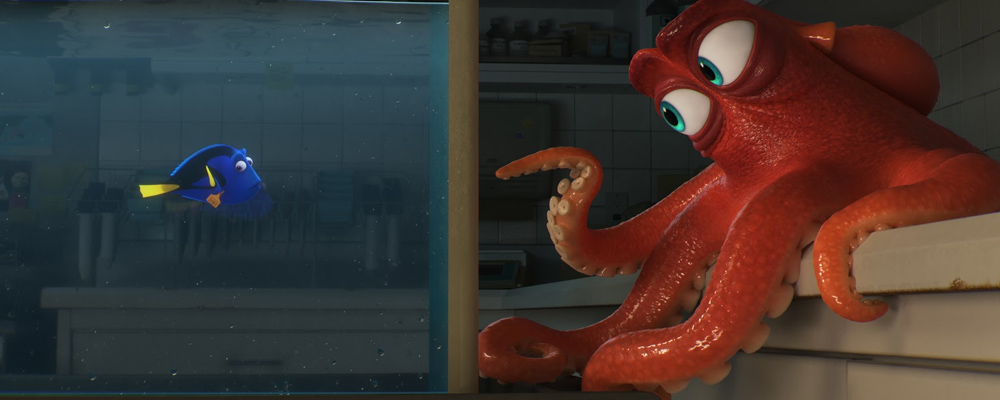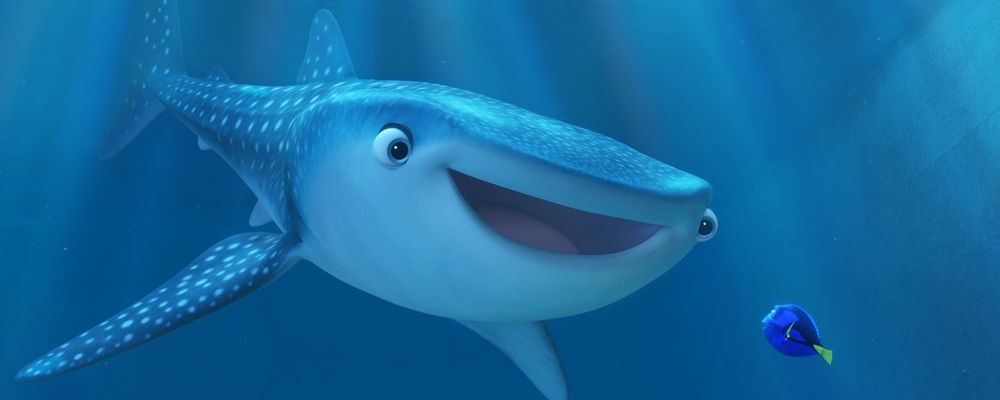Ty Burrell, Ed O’Neill and More Join Ellen DeGeneres in Pixar’s Long-Awaited ‘Finding Dory’
Allyson Gronowitz
How can “Finding Dory” measure up to Pixar’s beloved ‘03 juggernaut, “Finding Nemo”? The former was such a phenomenon that the question may very well be rhetorical but writer and director Andrew Stanton felt the need to scratch a very particular storytelling itch: What would happen to Dory (Ellen DeGeneres), the affable blue tang fish who suffers from short-term memory loss, if she becomes separated from her family and friends? Thirteen years after “Finding Nemo” became a box-office hit (and three years after it was the best-selling DVD of all time), “Finding Dory” makes its way to theaters.
Stanton, who has since written and directed “WALL-E” (‘07), is back at the helm for “Finding Dory,” which charts Dory’s journey of her past to re-discover the friends and family she has forgotten due to her amnesiac condition. If the original was a breakout hit for Pixar, Dory was a breakout role for comedian and talk show host DeGeneres for whom the role of the fish was written when Stanton watched an interview in which DeGeneres changed the subject five times in a single sentence. Now that Dory is the eponymous heroine of the sequel, a new gaggle of comedic talent was brought in to act as supporting cast members. When Dory ends up at the Marine Life Institute, she meets Ed O’Neill’s Hank, an octopus with only seven tentacles, and Bailey, a beluga whale with faulty echolocation (voiced by O’Neill’s fellow “Modern Family” star Ty Burrell). “SNL” alums Kate McKinnon and Bill Hader clock in cameos while Diane Keaton and Eugene Levy lend their recognizable voices as Dory’s parents. Albert Brooks returns as the voice of Marlin, Nemo’s anxiety-prone, clownfish dad.
As Dory seeks her past and learns the true meaning of family, she also comes to accept her own sense of identity, memory loss and all. “I feel like most people have something about themselves that they see as a big flaw,” Stanton told Collider. “I think the key is not that you get rid of it, but more of how do you conquer it . . . how do you turn that into an asset? And I think that’s a very universal thing.” Meanwhile, Dory provides a lesson to audiences on the normalization of disability as “Finding Dory” introduces characters who, like Nemo and his little fin, strive not to be defined by their perceived shortcomings; Hank with his seven legs, Bailey with his wonky sonar, and Destiny (Kaitlin Olson) is a nearsighted whale shark.
“Finding Dory” has a lot to live up to but if it provides even half of the humor and heart of “Finding Nemo,” it’s sure to soar.
“Finding Dory” will be released nationwide on June 17.



